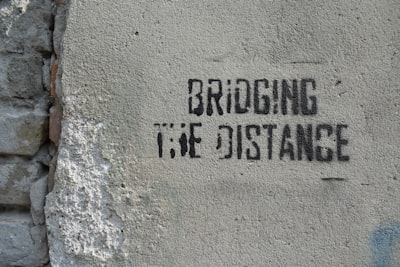Imagine a world where your national identity is not determined by the place you were born or the documents you hold, but by the vote of nine people in black robes. The Supreme Court—those high priests of the Constitution—have long served as both shield and sword in the battle over American belonging. Yet, behind the legal maneuvers and headlines lies a stranger truth: the debate over citizenship is as old as America itself, and it's never really been about paperwork.
Did you know that in the late 1800s, Chinese immigrants in the U.S. were denied citizenship not by law alone, but by a public mood that declared some people simply 'unfit' to be American? Or that, for more than a century, Native Americans were born on American soil but weren't considered citizens—until Congress decided otherwise in 1924? These shifting definitions reveal a secret: citizenship has often been about who gets to include and who gets to exclude, a line drawn not just by geography or genes, but by those with the power to say "yes" or "no."
In today's polarized climate, court decisions may shape the future, but perhaps we should ask: Should birthright be decided by accident of birth, act of law, or the collective act of imagination? If identity is in flux, what does it truly mean to belong? Would a world without fixed citizenship—where belonging is chosen and earned—be more just, or simply more chaotic?
Long after the courts rule, these questions will linger: Who gets to draw the boundaries of belonging, and who gets left on the outside looking in?
This article was inspired by the headline: 'Trump wins as Supreme Court curbs judges, but may yet lose on birthright citizenship - Reuters'.

Comments
No comments yet. Be the first to comment!